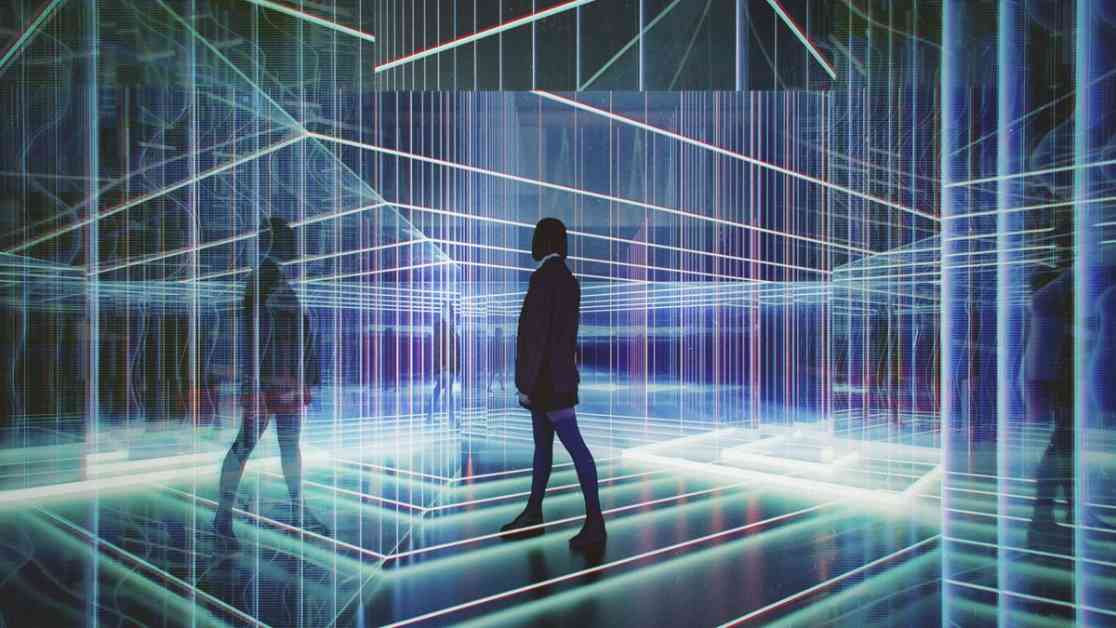The rise of artificial intelligence (AI) is not just changing technology, but also impacting our morality, ethics, and identity. As AI continues to shape our lives, questions arise about whether we can trust algorithms to make decisions for us and what that means for our sense of self.
In a recent collection of essays titled “AI Morality,” edited by philosopher David Edmonds, experts explore how AI is revolutionizing our lives and the ethical dilemmas it presents. Postdoctoral researcher Muriel Leuenberger from the University of Zurich delves into how AI is already influencing our identities in her essay “Should You Let AI Tell You Who You Are and What You Should Do?”
AI algorithms on digital platforms like social media and dating apps gather vast amounts of personal information about us, sometimes more than we know about ourselves. While this information is used for targeted marketing, it raises concerns about whether we can trust AI to make decisions on our behalf.
One key issue is the question of trust. How do we know if an AI system is reliable and unbiased? Many AI systems have been found to perpetuate racial and gender biases, making blind trust in them risky. Additionally, the opacity of AI algorithms makes it difficult for users to understand how recommendations are generated, further complicating trust issues.
Furthermore, relying on AI to define who we are and what we should do overlooks the important role of self-creation in identity formation. Existentialist philosophy emphasizes that we actively shape our identities and should take responsibility for our choices. By outsourcing this process to AI, we risk losing the freedom and accountability that come with self-creation.
While AI can offer valuable insights and recommendations, it is essential to maintain agency in defining our identities and making decisions. By being mindful of the limitations and biases of AI systems, we can avoid becoming passive recipients of predetermined identities and maintain the autonomy to create ourselves.
In a world where AI is increasingly integrated into our daily lives, it is crucial to balance the convenience of technology with the responsibility of self-creation. By remaining vigilant and engaged in the process of defining our identities, we can harness the benefits of AI while preserving our individuality and agency.










